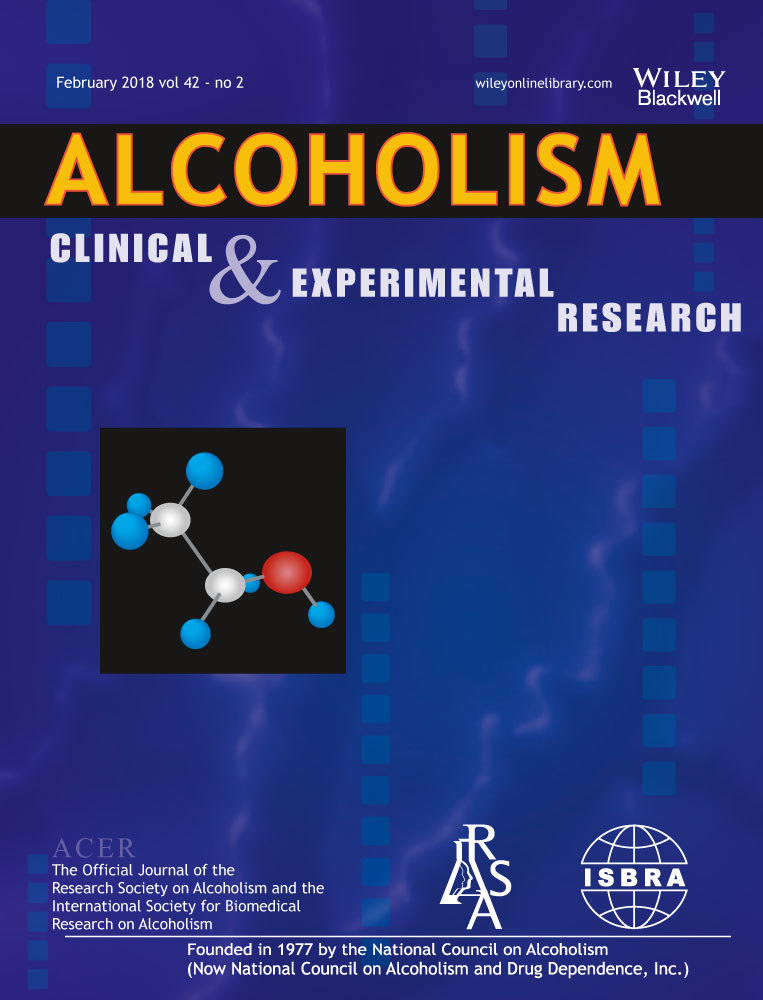Detecting Deception in Our Research Participants: Are Your Participants Who You Think They Are?
Abstract
There is increasing awareness of the potential negative impacts of participant deception on research, including possibly undermining reliability and reproducibility of study findings. These deceptive individuals set their personal interests above the rules of study participation, thereby jeopardizing data quality as well as placing themselves and others at risk. The costs of participant deception are numerous. Overall, it reduces statistical power and may even result in false conclusions about efficacy and safety. To date, most studies have not utilized sufficient methods to detect rule-breaking subjects. The purpose of this article is to bring to the attention of alcohol and other drug researchers issues involving deceptive participants. The review will suggest alcohol-specific as well as more general strategies to identify and thereby minimize enrollment of these deceptive participants. Specifically, we will identify strategies that are employed in different phases of human alcohol research and advance approaches that may be helpful to the field in reducing these contaminants. As a field, we need to be more proactive in identifying the deceptive participant even at the cost of more burdensome study enrollment. In light of the systemic nature and multipronged damage that this emerging pattern of deception inflicts on clinical research, it is imperative that we each assume greater responsibility for our role in mitigating this source of research contamination.
Graphical Abstract
Research participants who conceal or fabricate information to gain admission to and participate in clinical research can undermine the reliability and reproducibility of study findings, and may contribute to false conclusions. This review identifies strategies for improving recruitment, assessment, and study implementation, and advances specific approaches that may be helpful to alcohol and drug researchers for reducing the impact of deceptive participants. It is time for each of us to assume greater responsibility for mitigating this source of research contamination.





